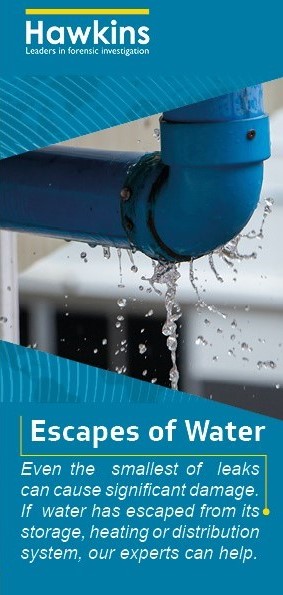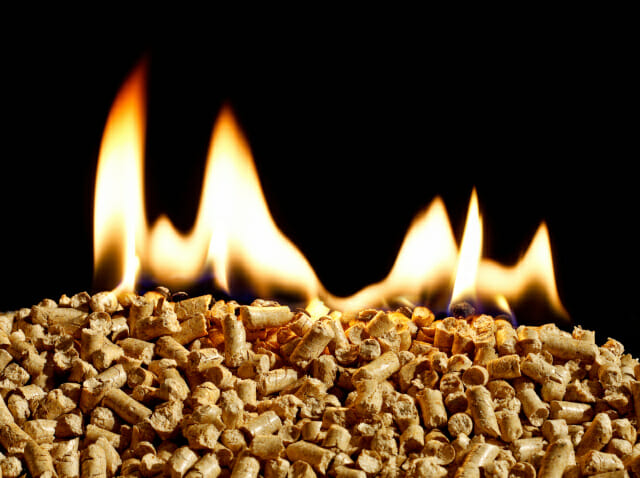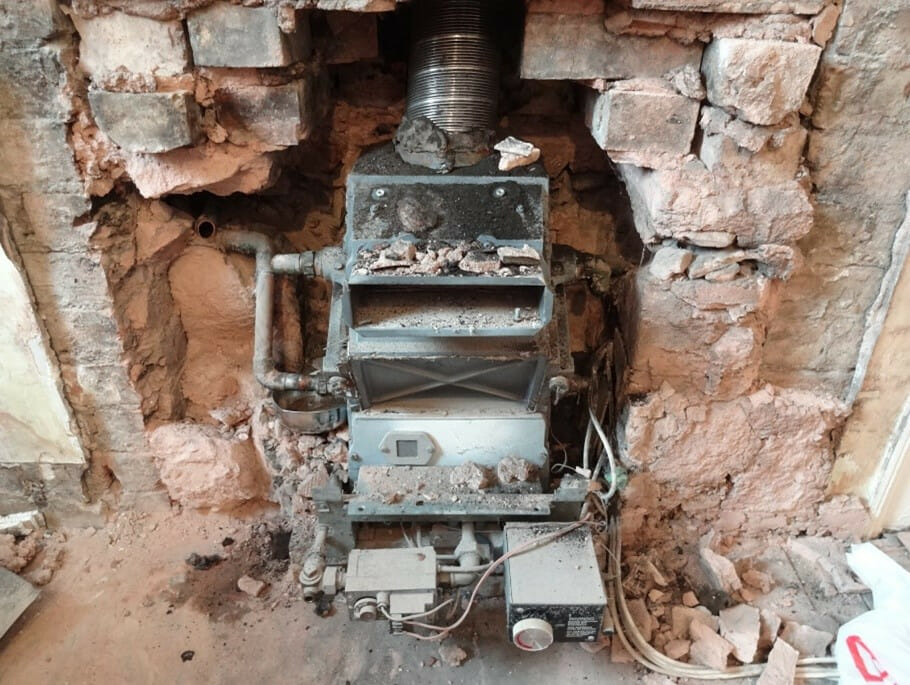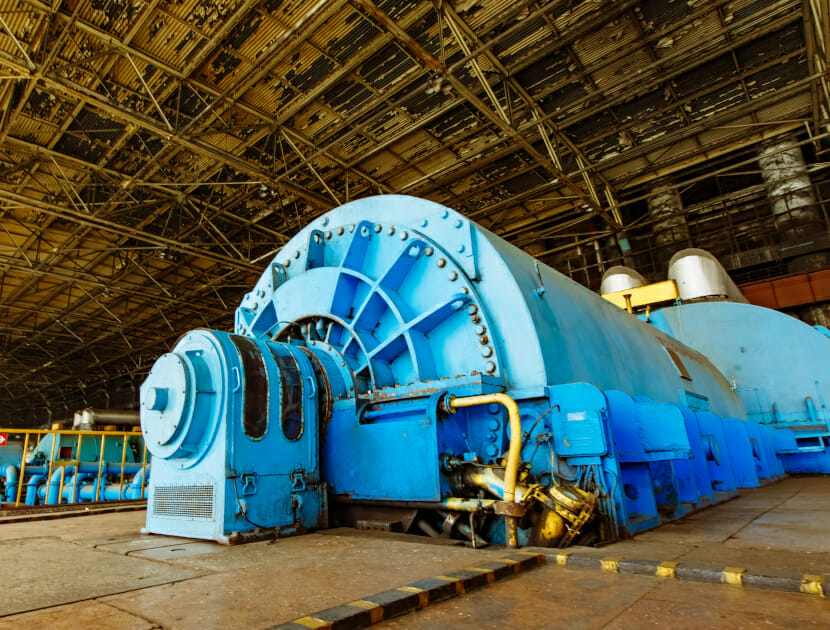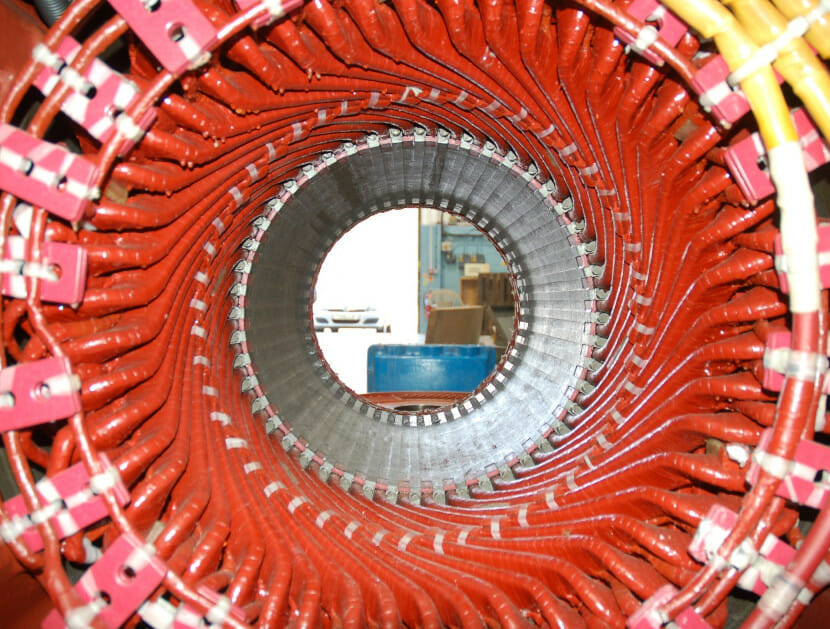Boilers and Heat Recovery Steam Generators
Boilers, crucial for generating power, come in various sizes and encounter challenges such as water control issues and corrosion, which can cause failures. Regular inspections of boiler tubes are essential as replacing them is time-consuming and transitioning to renewable fuels like wood presents challenges, including fireside corrosion due to aggressive flue gases.
Our experts are qualified engineers and scientists, familiar with domestic and industrial products and systems, used to store, heat, and distribute water. We also have detailed knowledge of installation methods, servicing regimes and relevant guidance and standards, such as The Water Supply (Water Fittings) Regulations 1999 (the legal requirements for the design, installation, operation and maintenance of plumbing systems, water fittings and water-using appliances).
WHY APPOINT A FORENSIC INVESTIGATOR?
- We have an in-depth knowledge of the regulations and guidance that should be followed by competent installers during installation work (such as The Building Regulations, WRAS guidance, or OFTEC guidance).
- We review working practices and installations to identify areas at high risk of a fault.
- We offer guidance and/or help you define and develop good working procedures and practices to reduce the risk of incidents occurring.
- We provide you with the answers you need to determine why an incident occurred and so assist in repudiation / cover decisions and fraud identification.
- Our experts are knowledgeable in a wide range of areas and can investigate all aspects of an escape of fluid case, meaning that you will probably only need to instruct one expert, rather than several.
- We have laboratories and equipment designed specifically to investigate escapes of fluid.
- We will help you to determine if an incident could have been avoided.
- We support subrogation/recovery efforts.
- We help you to make decisions regarding where legal responsibilities/liabilities lie.
- We help you to defend wrongful claims.
- We produce reports suitable for Court and litigation.
- We provide consultancy advice to prevent similar events happening again in the future.
- If removing a risk entirely is unavoidable, we advise on steps to take to mitigate the risk and reduce the potential damage resulting from an incident.
- We advise on servicing, maintenance and repair regimes.
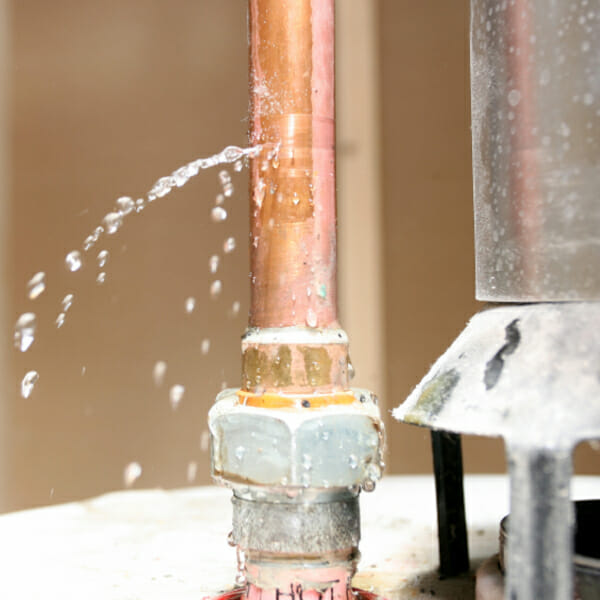
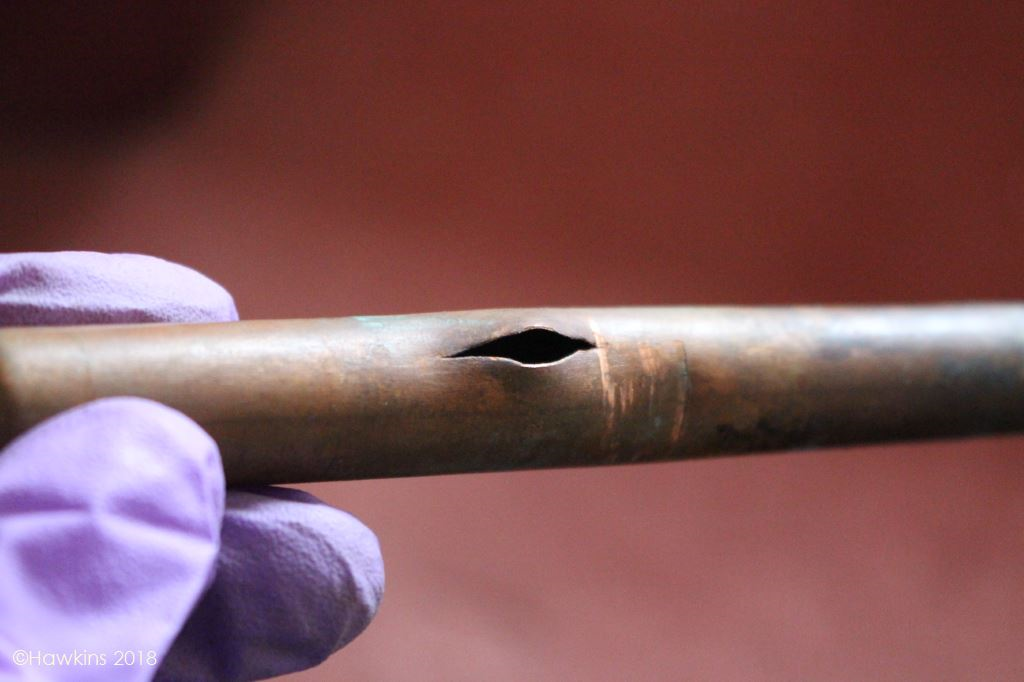

Examples of Typical cases
If you would like to know if we can help, please fill out our enquiry form or give us a call for a free consultation. The list below provides a few examples of cases which we investigate regularly or have investigated in the past.
- Separated joints
- Faulty or broken fittings and parts.
- Material failures.
- Poor system design or system installation leading to equipment failure.
- Pressure problems, such as too high or too low pressure or ‘water hammer’ issues.
- Corrosion – caused by poor installation, poor servicing, or both.
- Frost damage and frozen pipes.
- Sewage or foul water drainage problems.
- Fraudulent or deliberately staged water leaks.
- Determining if water damage is caused by a leaking water installation (e.g. Pipework) or building defects, for example poor damp proofing in a basement.
HOW DOES HAWKINS INVESTIGATE WATER, GAS AND OTHER FLUID LOSSES?
1
Consultation
We like to speak to you before we conduct any work, to establish how we can add value to the case. These discussions help us to understand your requirements, as well as determining how much information is already available, including for example, service records, first-hand witness accounts, photographs, and videos. We are also happy to provide you with an estimate of the cost of conducting a forensic investigation.
2
Inspection
3
Conclusion
Case Study
Just a frozen pipe…
Hawkins was asked to investigate, and the water leak was traced to a burst copper pipe in the loft. This might have been considered a standard incident resulting from an extreme weather event. However, the homeowner was certain that the heating had been left operational and there had not been any changes to the plumbing work for several years, nor any problems with burst pipes in the past. Whilst this information alone did not rule out a typical frozen pipe case caused by extreme weather; it did raise additional questions.
Instead of writing the case off as caused by ‘just’ a frozen pipe, Hawkins carried out a full site inspection and discovered that the boiler would cut out intermittently, leaving the house without any heating.
The boiler had been serviced 6 months before the incident occurred, initially suggesting a possible third-party fault by the servicing company. However, further research and investigative work by Hawkins found that the boiler fault was the result of a manufacturer known issue with the wireless thermostat and controller, which prevented the boiler from firing when required. The servicing company would not have been aware of this issue (and could not have necessarily prevented it), as the manufacturer had not publicised the problem.
With the help of a full technical report outlining the cause of the boiler fault and whether the fault would have been obvious to a boiler service technician (which it would not have been), the client was able to make a full recovery from the manufacturer of the control system in relation to the loss.

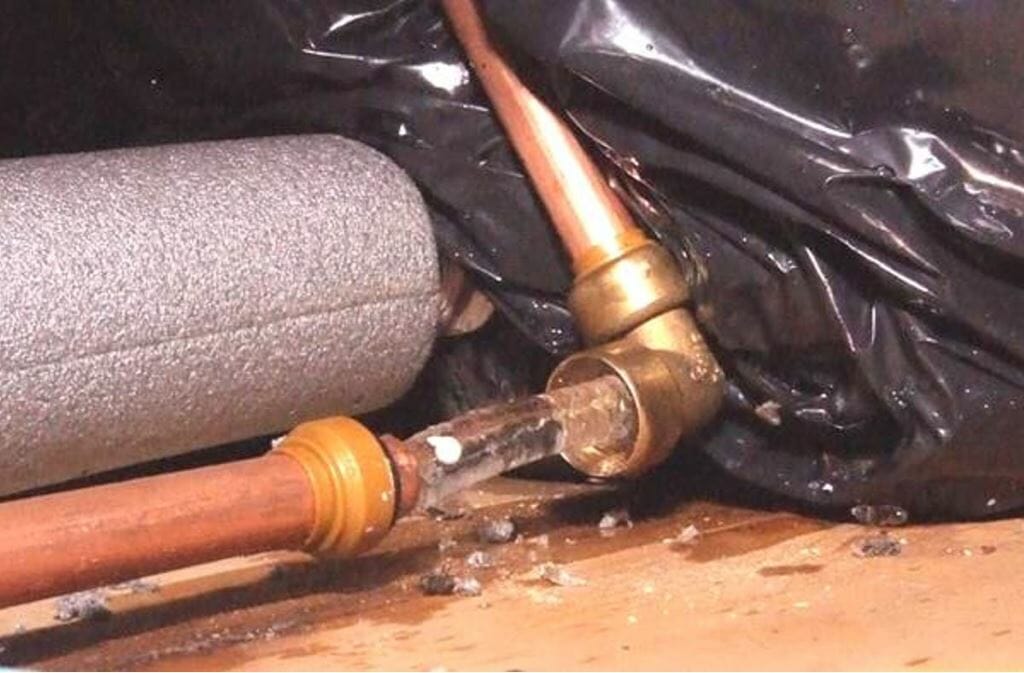
SPEAK TO ONE OF OUR EXPERTS
Testimonial
“I just wanted to say thank you for all your help and the information you found was of real insight. Thank you again for all your help.”
Stewart Hargreaves
“I just wanted to say thank you for all of your hard work preparing the Hawkins report. Please pass on my thanks to the rest of the team. We really appreciate the hours you have all put in and I know the client is pleased with your work.”
Philippa Jones
“Thank you for your superb effort in this case.”
Rhys Phillips
“Many thanks for turning out today at such short notice and providing the benefit of your expertise and knowledge. It was evident the Client was extremely relieved that this matter was being investigated expeditiously.”
Chaz Winterton
“I just wanted to say thank you for all your help and the information you found was of real insight. Thank you again for all your help.”
Stewart Hargreaves
“I just wanted to say thank you for all of your hard work preparing the Hawkins report. Please pass on my thanks to the rest of the team. We really appreciate the hours you have all put in and I know the client is pleased with your work.”
Philippa Jones
“Thank you for your superb effort in this case.”
Rhys Phillips
“Many thanks for turning out today at such short notice and providing the benefit of your expertise and knowledge. It was evident the Client was extremely relieved that this matter was being investigated expeditiously.”
Chaz Winterton
Download our latest Brochure
